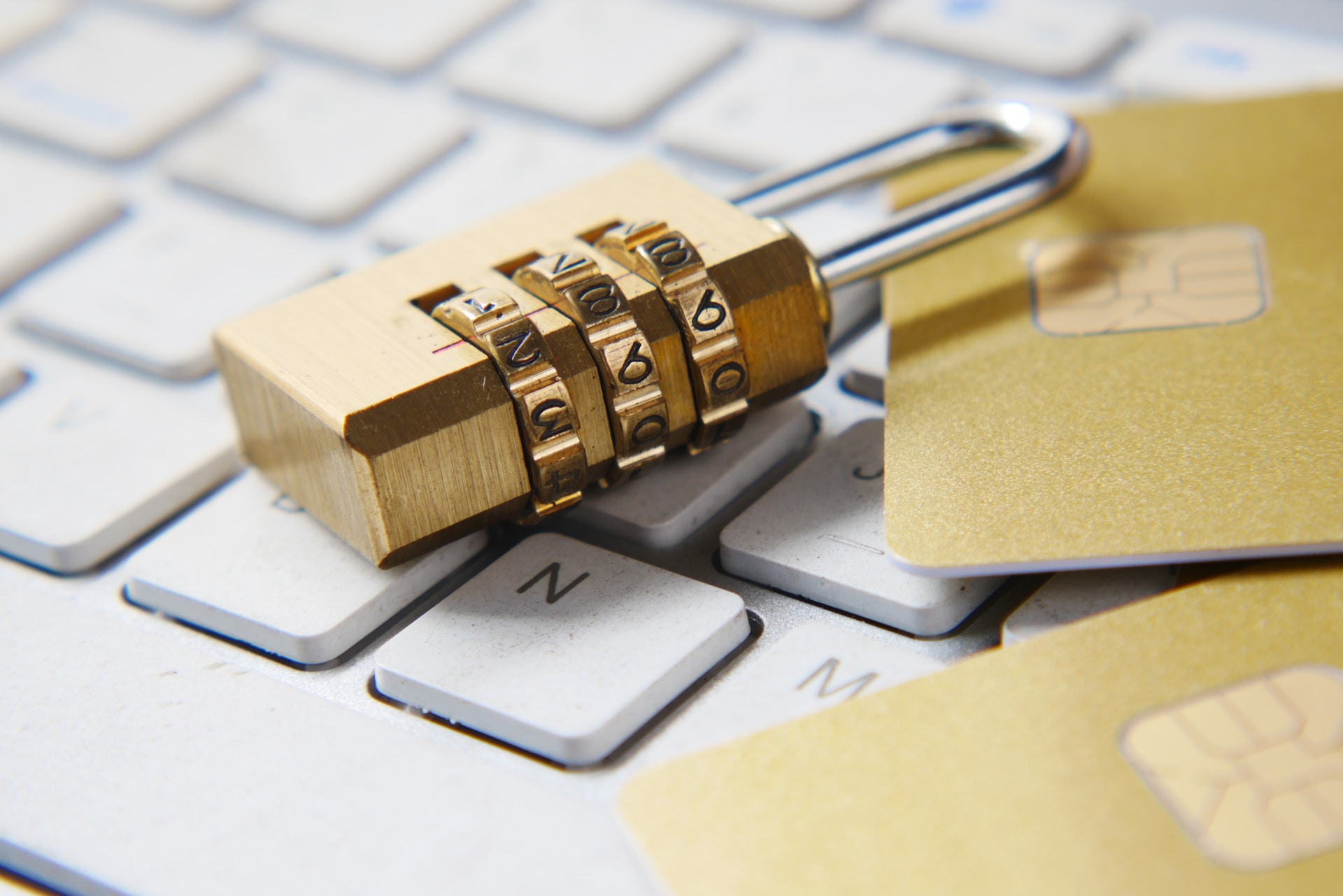
What is an SSL certificate?.
Secure Sockets Layer (SSL) is a digital certificate that offers authentication for a website and allows encrypted connection. The certificate communicates to the client that the web service host showed ownership of the domain to the certificate authority at the time of its issuance. The authentication process can be likened to sealing a letter in an envelope before sending it. SSL certificates are commonly used in e-commerce websites and pages that require users to send sensitive information such as credit card information.
SSL encryption ensures data conveyed between two parties remains safe. It prevents attackers from infiltrating the communication to steal vital information like bank information, names, addresses and credit card numbers. Studies show that in the US, e-commerce sales will rise from 12.7% in 2017 to 17% in 2022. However, this growth will only be based on a foundation of trust created by SSL certificates. The certificates will ensure websites used to track finances and facilitate online payments remain secure from attacks.
What is the importance of an SSL certificate?
An SSL certificate authenticates a provider and also establishes secure connections between a device and a website. It is vital to understand the importance of SSL to mitigate the risks exposed to customers. Also, it’s important to know that not all websites and SSLs are created the same.
An SSL certificate secures information like:
Medical records
Bank account details and credit card transactions
proprietary information
login credentials
Personal Identifiable information such as an address, name, phone number or date of birth
legal documents and contracts
Types of SSL certificates
Website owners buy SSL certificates via certification authorities (CA). These are trusted entities that issue and manage certificates and public keys used to facilitate safe communication in a public network.
There are three different types of SSL certificates with each providing a different security level. Therefore, it is important to know the type of SSL certificate used by a particular website when doing an online financial transaction or relaying any sensitive information.
Organizationally validated (OV)
For you to get an OV certificate, a CA must verify information such as physical location, organization, and the website’s domain name. The validation process typically takes a couple of days. These certificates have a moderate trust level and are an excellent choice for public sites that deal with less sensitive transactions.
Domain validated (DV)
These certificates validate the website owner only. It takes a simple process where the CA sends an email to the website’s registered email to verify its identity. The company’s information is not required. DV certificates have the lowest trust level and are commonly used by cybercriminals because they are easy to get and make a site to look more secure that it is.
Extended Validation (EV)
This is a crucial certificate that should be used by all websites which deal with sensitive information. It has the highest level of security and it's the easiest to identify. To get an EV, the Certification Authority conducts an in-depth review of the applicant to increase the level of confidence in business. The process of review entails conformation of applicant identity, examining corporate documents, and checking the provided information with a third-party database. A website that uses EV can be identified by the presence of a padlock sign on the URL and the company’s name listed in green.
How to secure your online session
After elaborating on the types of SSL certificates and establishing that attackers majorly use DV certificates, it is crucial to know how to protect yourself while performing important online transactions. You should take the following measures to improve your online security.
Understand the type of SSL certificate used by a particular website: the initial step to identify the level of security is to look for visual clues such as green color and the lock symbol in the address bar. EV is the only certificate that includes a company’s name in the address bar. Browsers do not differentiate between an OV and a DV certificate.
Read the provider's privacy policy: Before purchasing a certificate, first, inquire how your personal information will be used. Good companies should openly state how they intend to use the collected data.
Only share critical details and conduct transactions with sites having OV and EV certificates: DV certificates should never be used for e-commerce purposes. To ensure the safety of your information, confirm whether the site you use for submitting sensitive information uses either OV or EV SSL certificates.
Look for legitimacy indicators on shopping sites: You can detect a reputable website by the quality of its logos and badges.
Due to the increase in the number of customers doing online shopping, cyber risks continue to intensify. A 2018 Global Risk Report published by the World Economic Forum shows there is a rising cost of cyber attacks. It further suggests the cost of cybercrime to businesses will reach $8 trillion over the next five years. There are various ways to cushion yourself from the risk of cyber attacks such as understanding the value of SSL certificates, the potential risks of online shopping and what makes an online shopping site secure.
